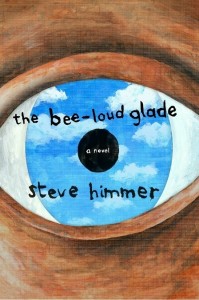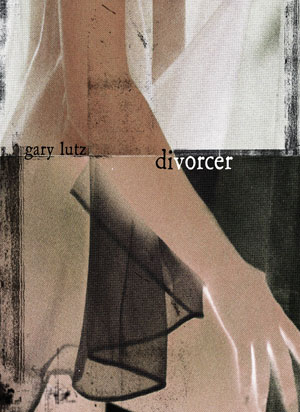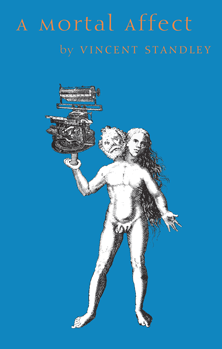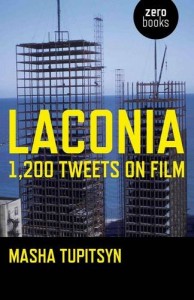Speech may be a function of Logos, where rational compositions serve as cultural appropriation, or speech may serve a revolutionary, contestatory role by internally rupturing the structures of Logos at the very points of its own contradictions; screams and laughter may be reactive phenomena, resulting from the neurotic exigencies of life, or they may serve serve as rebellious eruptions of corporeal energy, heterogeneous outbursts of expropriation, where Logos is disrupted by the libido; silence may be the zero-degree noiselessness of death, where life itself is betrayed, or silence may be that moment where sovereignty is elliptically expressed as incommunicable inner experience.
In Medieval philosophy and theology, a lectio (literally, a “reading”) is a meditation on a particular text that can serve as a jumping-off point for further ideas. Traditionally the texts were scriptural, and the lectio would be delivered orally akin to a modern-day lecture; the lectio could also vary in form from shorter more informal meditations (lectio brevior) to more elaborate textual exegeses (lectio difficilior).
LECTIO I: Kate Zambreno’s Green Girl
LECTIO II: Horror vs. The Patriarchy
LECTIO III: Joe Wenderoth pushes the surface
LECTIO IV: The Dionysian Excess of Living




 Slash Lovering (1970-2008) was a Seattle poet whose work focused on the Internet. His work has been labeled “grunge” however his actual association with the music scene is not well established. He was however, confirmed as a freelance writer for Microsoft, writing marketing materials. He traveled in many software-related circles. In 2008 Slashed died in a bike accident while going home to his new house in Redmond. The bits of conversation that follow are based on notes.
Slash Lovering (1970-2008) was a Seattle poet whose work focused on the Internet. His work has been labeled “grunge” however his actual association with the music scene is not well established. He was however, confirmed as a freelance writer for Microsoft, writing marketing materials. He traveled in many software-related circles. In 2008 Slashed died in a bike accident while going home to his new house in Redmond. The bits of conversation that follow are based on notes. 





